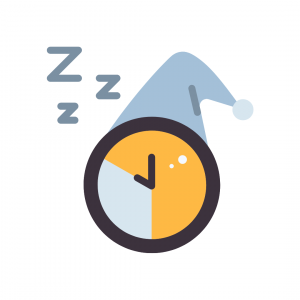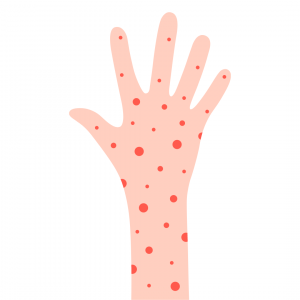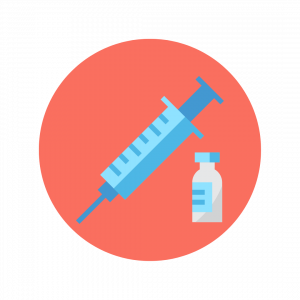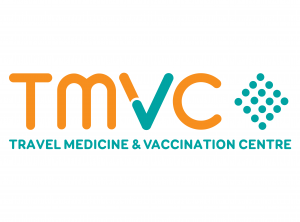Unlike colds and flus that tend to make people sick in the colder winter months, shingles is a risk at all times of the year. The burning rash can strike anytime, anywhere. The pain from shingles can be excruciating and lead to severe and long-lasting complications. Anyone who has had chickenpox is at risk of getting shingles, especially older adults and those with a compromised immune system. It’s possible to get shingles more than once in your life. Shingles can strike when you are least expecting it. Thankfully the shingles vaccine, Shingrix, is over 90% effective at reducing the risk of getting shingles. This vaccine is a game changer in shingles prevention. In this blog I’ll tell you more about shingles and the highly effective shingles vaccine. Shingrix is the best way to prevent shingles from striking.
The Sleeping Virus Inside You

Anyone can potentially develop shingles, but the risk is usually higher for older adults or those with a compromised immune system. The body’s immune system naturally weakens with age, making age over 50 years the highest risk factor for the varicella-zoster virus to reactivate causing shingles. With age also comes an increased risk for a more severe case of shingles. Up to 10% of people over 65 years of age will be hospitalized due to shingles.
The Excruciating Rash
So, what is shingles? Shingles is a rash that causes painful blisters. It usually develops along a single line on one side of the face or body and lasts between 2-4 weeks. Pain, itching, or tingling can occur on the skin before the rash appears. Sometimes the rash can be excruciating and pain can last for months to years after the rash disappears. This is called post-herpatic neuralgia and occurs in about 1 in 5 people with shingles. Other complications of shingles can include:
- Pneumonia
- Hearing loss
- Vision loss
- Scarring
- Swelling of the brain (encephalitis)
- Death
The Spread to Others

The Shingles Vaccine

- All adults 50 years of age or older
- Adults 18 years of age or older that have a compromised immune system from certain health conditions or medications.
The Shingrix vaccine is recommended even if you’ve had shingles before, or if you are over 50 and aren’t sure if you’ve had chickenpox in the past. It’s also recommended if you previously received the single dose Zostavax shingles vaccine, which was only about 51% effective at preventing shingles. Shingrix is your best bet for shingles prevention. The Shingrix vaccine is given as 2 doses separated by 2-6 months. The vaccine is more than 90% effective at preventing shingles after receiving both doses. If you received the first dose of Shingrix more than 6 months ago, you do not need to restart the vaccine series, just get your second dose as soon as possible.
Side effects from the vaccine include redness, swelling, and soreness at the injection site, headache, fever, chills, muscle aches, fatigue, or stomach upset. Guillain-Barré Syndrome (GBS) may rarely occur in about 3 in 1 million people who receive the vaccine. This is a very rare condition that can result in muscle weakness or paralysis. There can also be a small risk of developing GBS after having shingles.
If you think you might have shingles you should not receive Shingrix until the illness has resolved. Seek medical attention as shingles can be treated with antiviral medication. These medications work best if started within 3 days after the rash appears.
How to Book Your Shingrix Vaccine Appointment
It’s easy to book an appointment for the Shingrix vaccine with a Registered Nurse at TMVC. The Nurse will be able to answer any questions you have related to the Shingrix vaccine. You do not require a prescription to receive Shingrix at TMVC. Simply call us at 1-888-288-8682 or book online.





